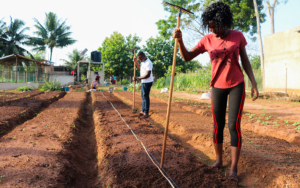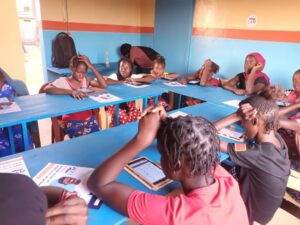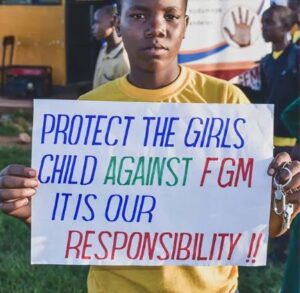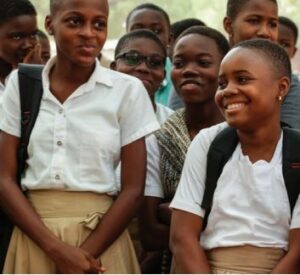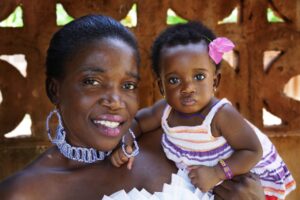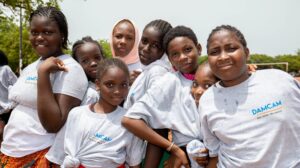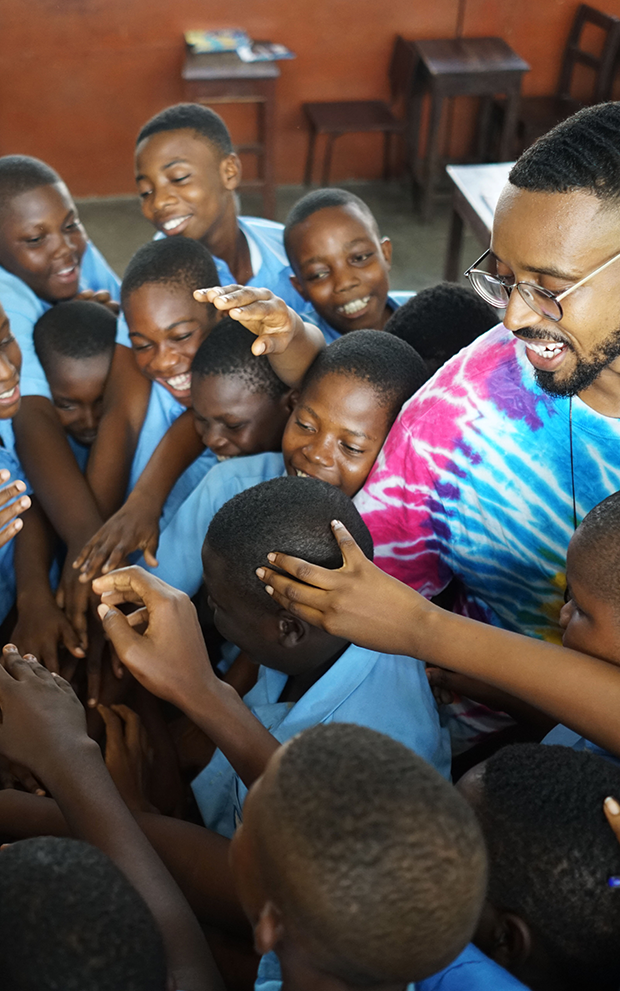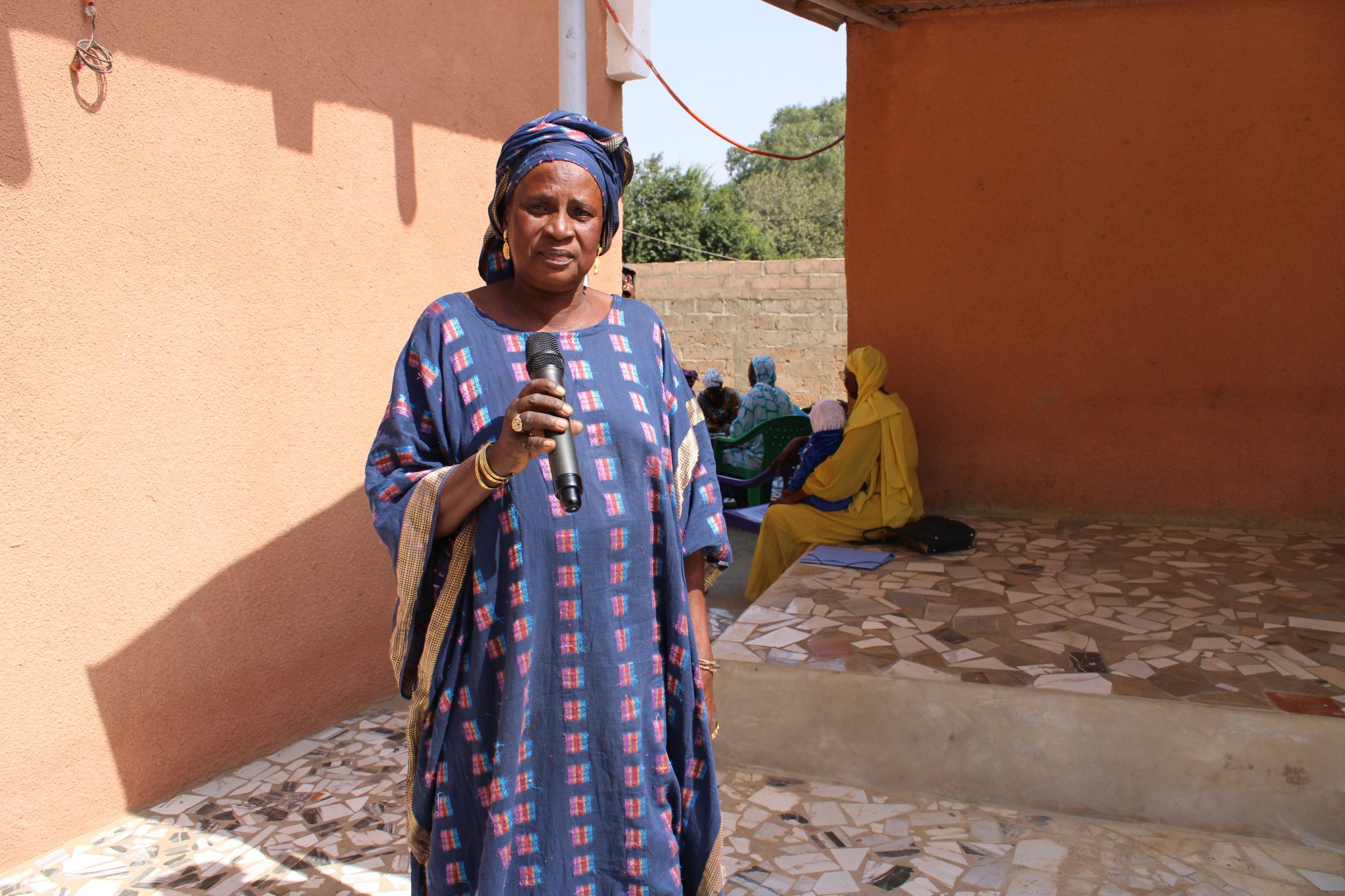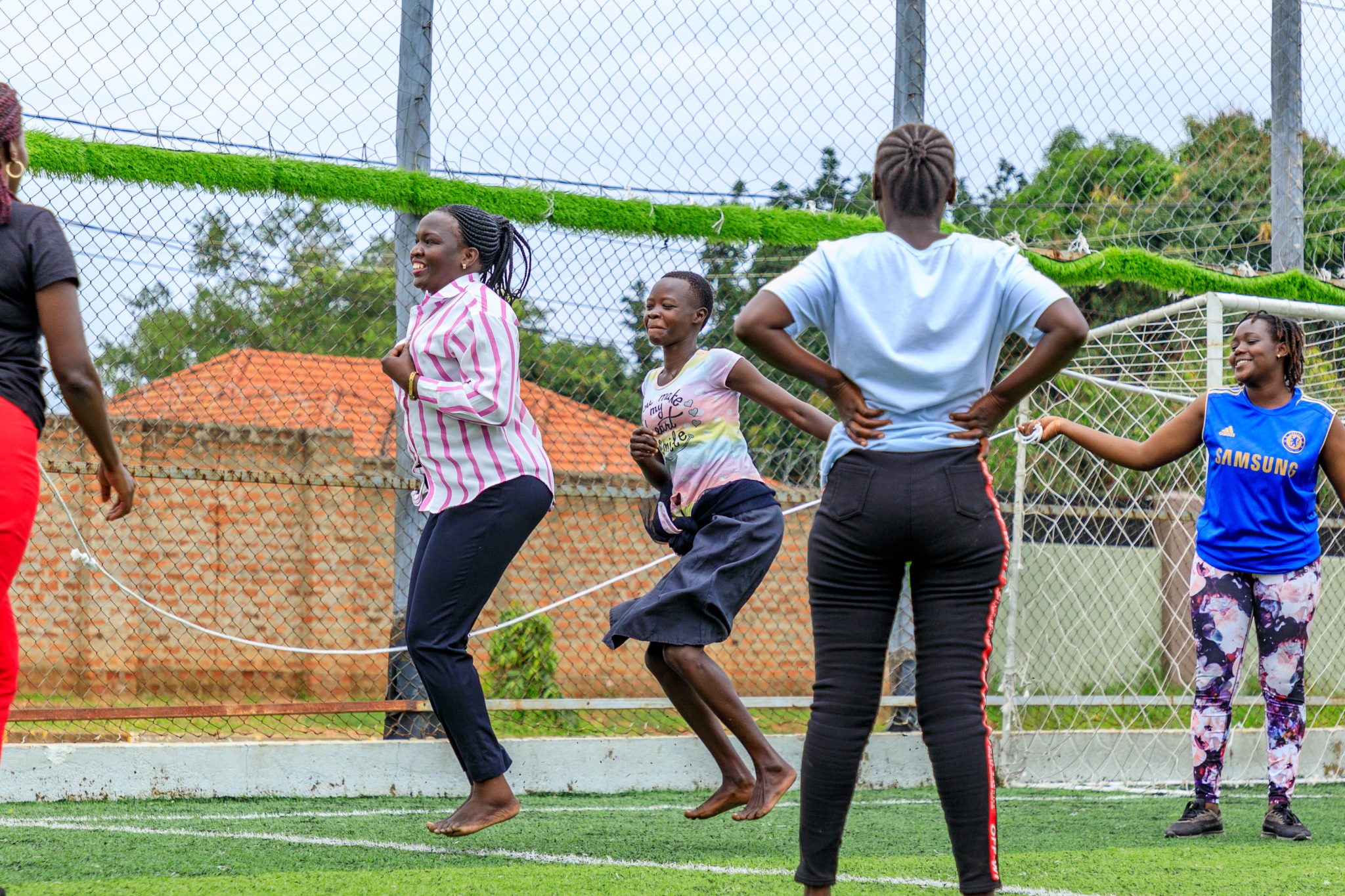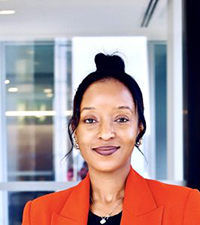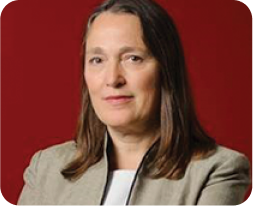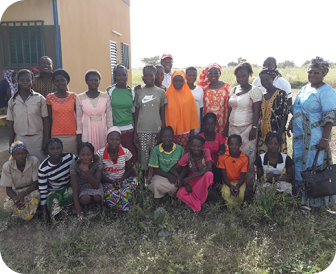By Susan Green

A natural question arising from the government’s new foreign aid policy may be – what is meant by a feminist international assistance? Is it just simple platitudes or is it more?
In fact, I believe it is smart policy. Canadian funding directed to international development will have a clear focus to reduce gender inequality and empower women and girls. The only thing that can make this policy better is to match its ambitious plan with action through a long-term funding commitment by the Government of Canada
We are in a time where women’s rights are being challenged, including in countries where progress was thought to be irreversible.
Minister of International Development and La Francophonie Marie-Claude Bibeau stated in announcing the policy, “sustainable development, peace, and growth that works for everyone are not possible unless women and girls are valued and empowered.”
Evidence underscores her point. A country’s wellbeing can be measured by how women are treated. Consider this:
- For every additional year of education for women of reproductive age, child mortality decreased by 9.5 percent.
- When women are included in peace processes there is a 20 per cent increase in the probability of an agreement lasting at least 2 years, and a 35 per cent increase of an agreement lasting at least 15 years;
- and it is well documented that women and girls’ education contributes to higher economic growth.
More than 40 years after first volunteering with Crossroads International in Sierra Leone, I recently visited Swaziland and Tanzania where I saw firsthand projects improving the rights and wellbeing of women and the remarkable benefits that are accrued — young female students are being empowered to reach their potential through education, sexual assault victims are accessing justice and women entrepreneurs are finding success.
Through innovative partnerships with inspiring local organizations, supported by dedicated Canadian volunteers and modest public investment, these projects are among those making a real difference on the path to gender equality.
So, what can a feminist international assistance policy achieve? It can achieve better futures, stronger communities and more just societies.
The need is urgent. One in 3 women internationally are victims of violence, women in most countries earn on average only 60 to 75 per cent of men’s wages, and women and girls continue to face specific challenges of forced marriage, female genital mutilation, and risk of unplanned pregnancy or disease. The government must be prepared to match its vision with funding when it comes to the security and defense in Canada’s foreign policy. They must do the same for aid and development. Canada’s last federal budget failed to restore development assistance and today Canada’s aid commitment at .26% GNI is near an all-time Canadian low.
Crossroads and other Canadian NGO’s, are delivering real and verifiable results. Now is the time for us — as advocates, development experts, and caringCanadians to make the case to the federal government for smart new investments in international development.
We have the projects, we have encouraging evidence of progress and with this announcement by Minister Bibeau, we have a bold vision.
Fostering equality, ending gender violence, reducing poverty and empowering women and girls cannot be achieved with ambition alone, it requires action, and new resources, urgently.
Susan Green is a Crossroader (Sierra Leone, 1973), Crossroads’ Board member and Chair of the 60th Anniversary Committee, and Past Chair of the Alberta Gaming and Liquor Commission.

